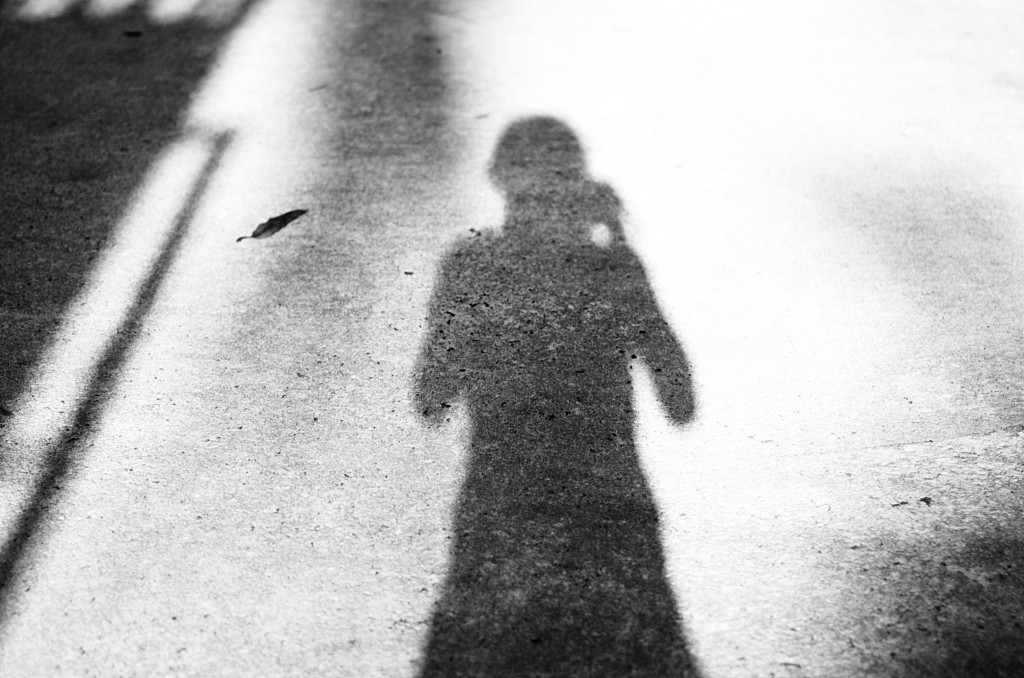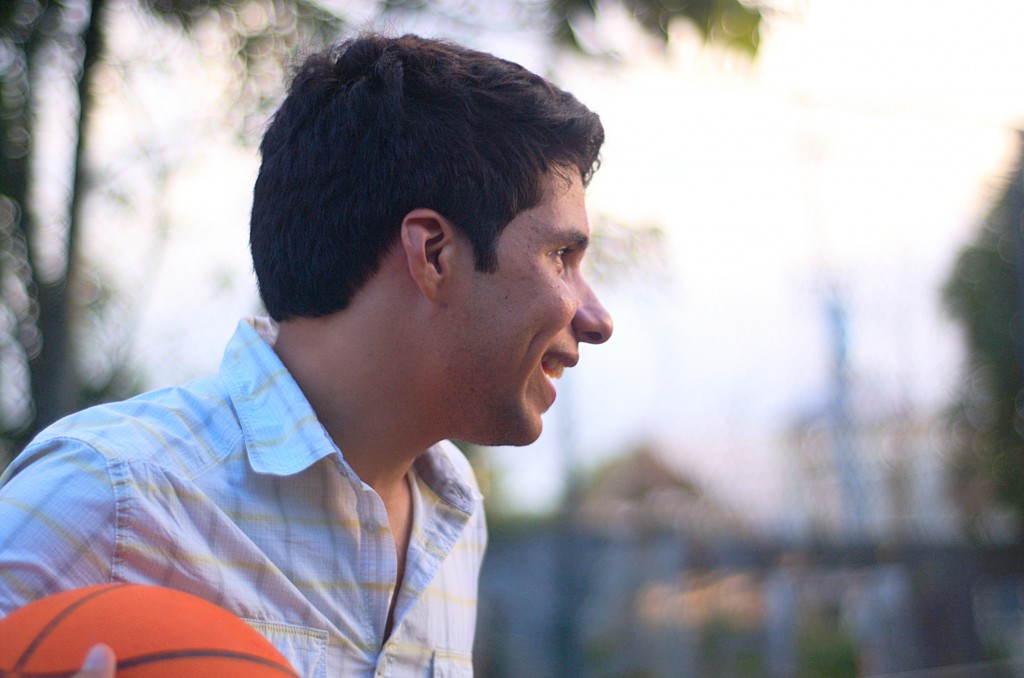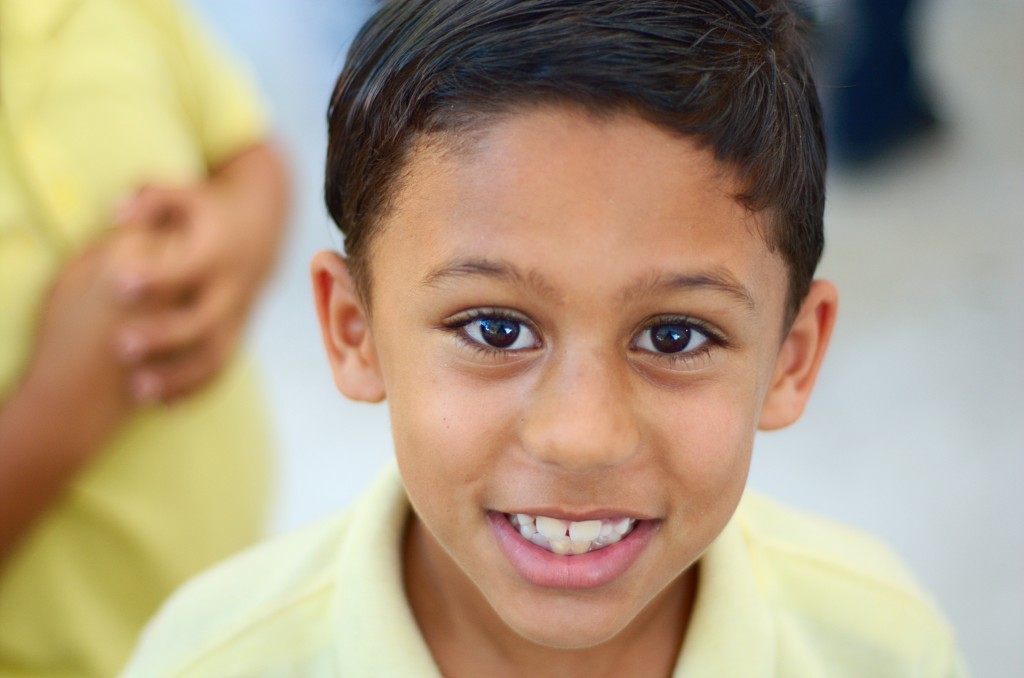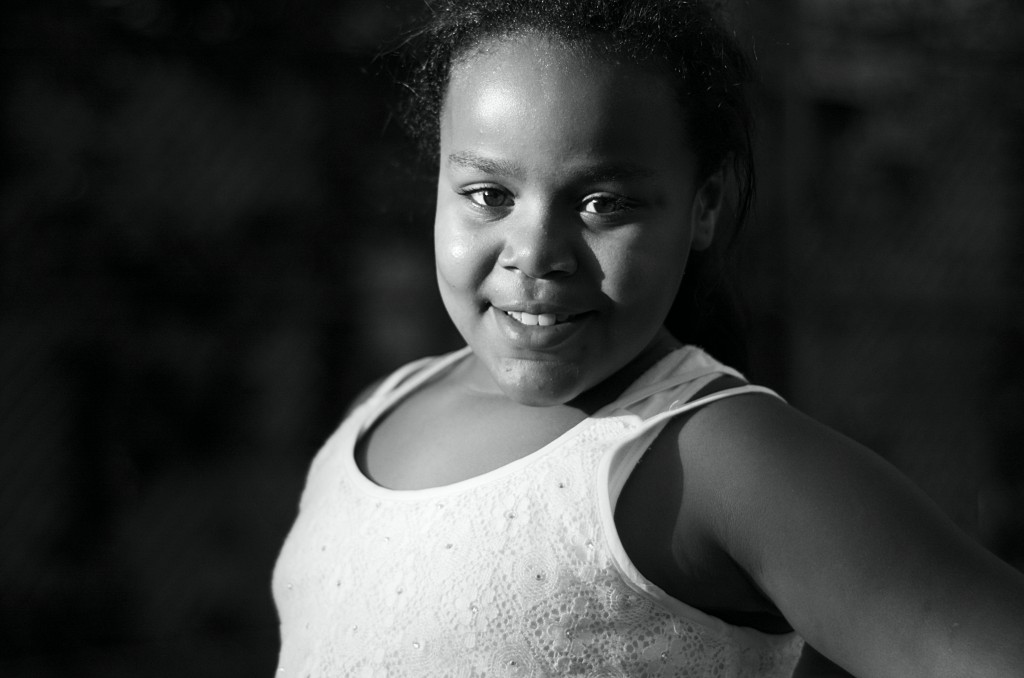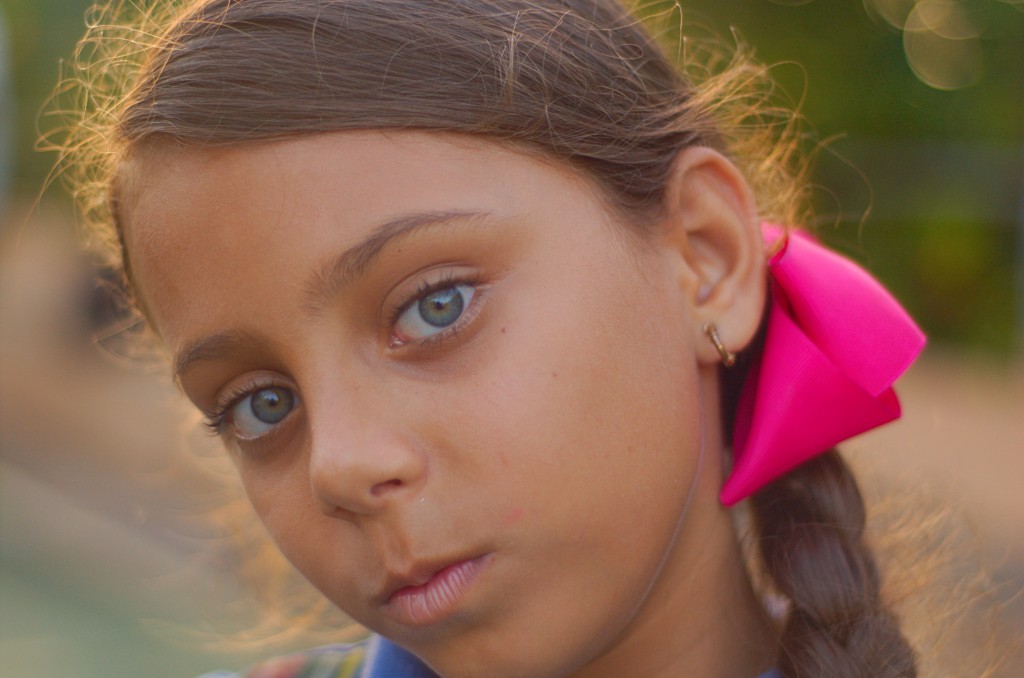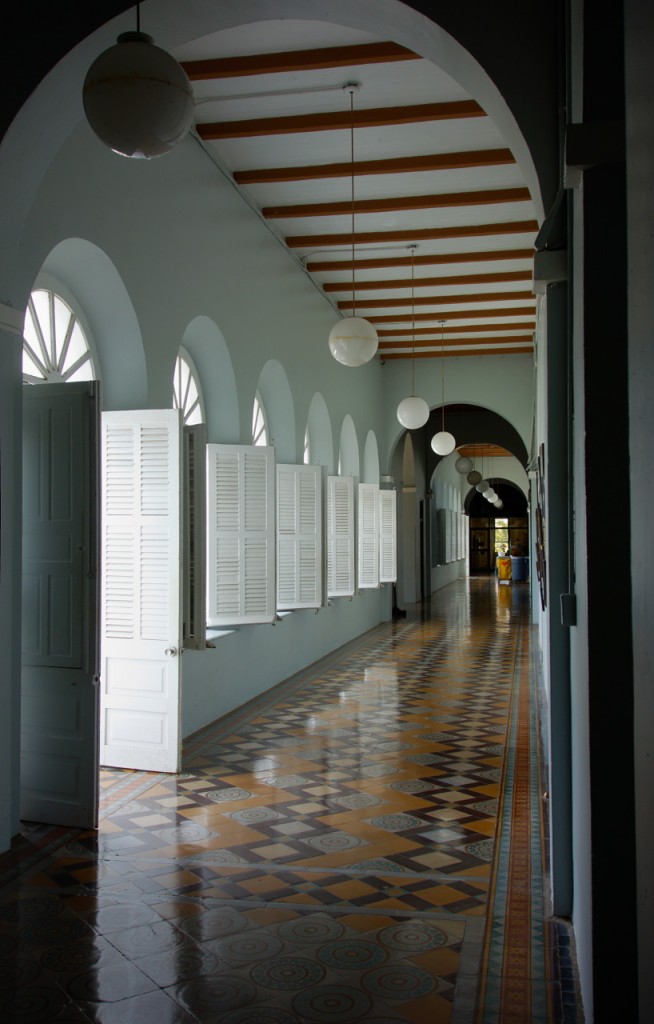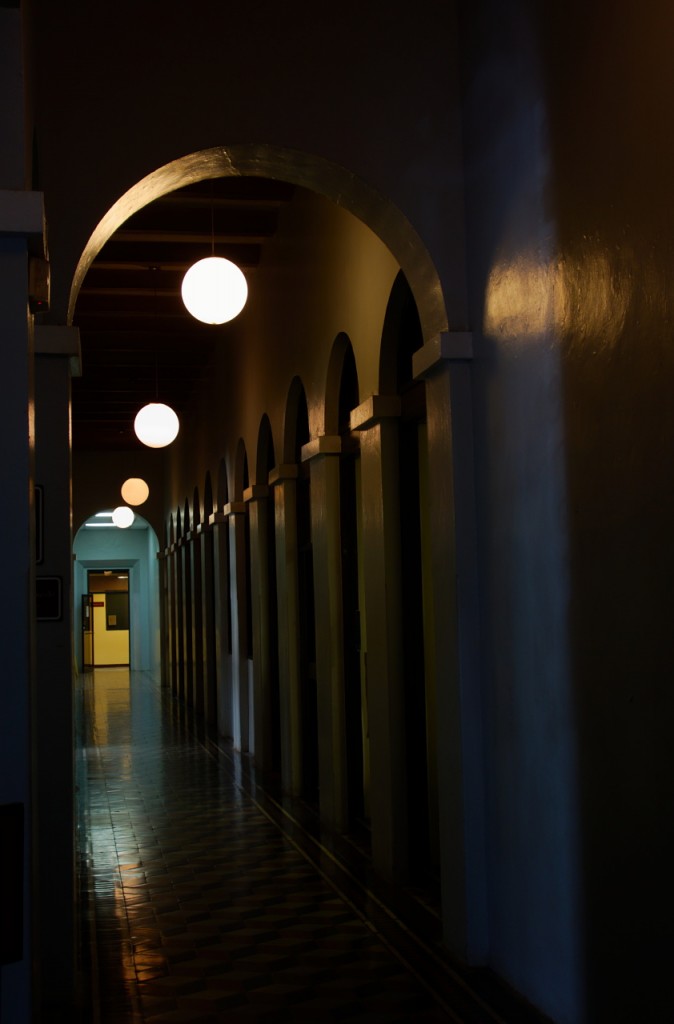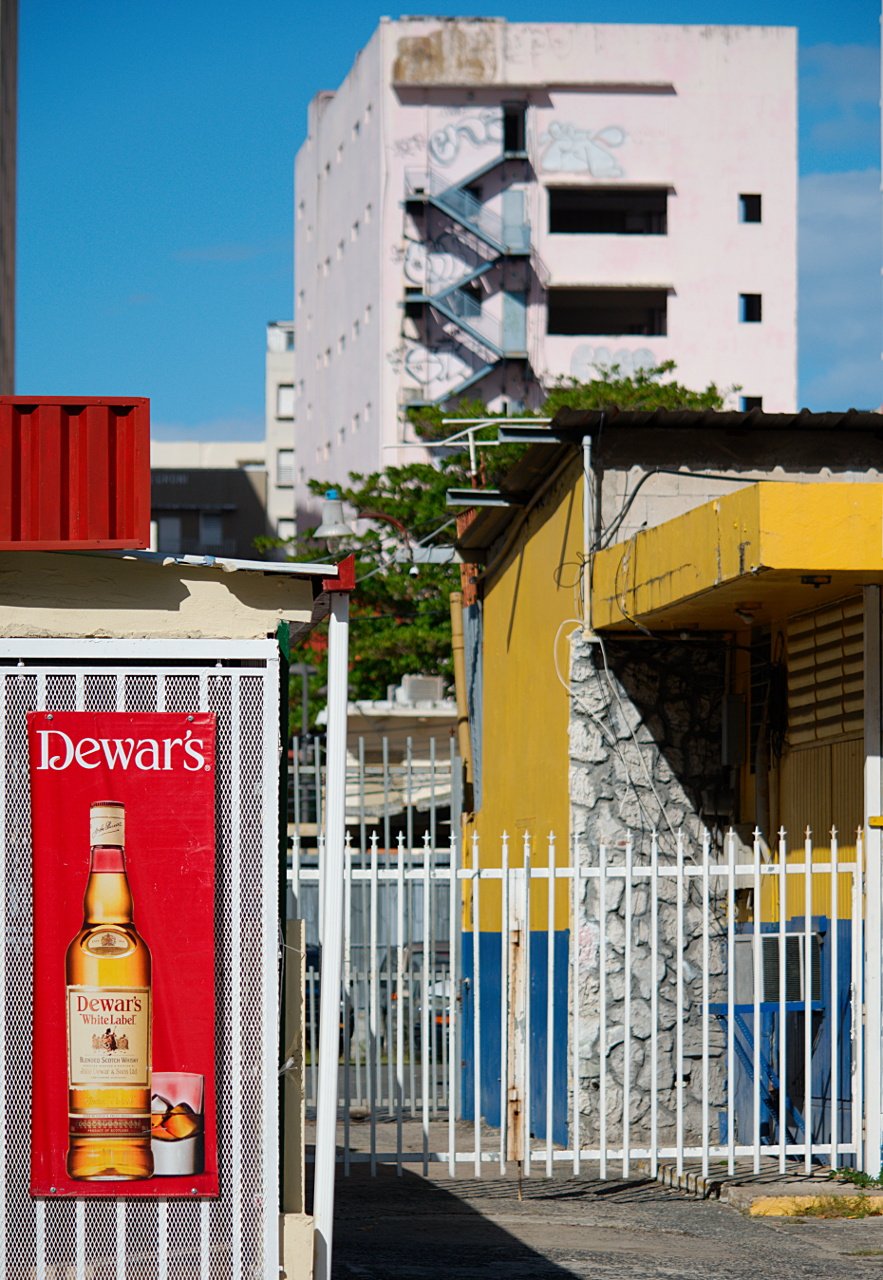Page 11 of 51
San Francisco cathedral will stop dousing sleeping homeless people with water – The Washington Post.
Did ya’ll seriously not run that that by operations first? No? It’s like right there in the company mission statement.
“Love thy neighbor.”
What do you mean, love can have many forms, some of them liquid? Would you like to be doused with water on a cold San Francisco morning? Well, of course you wouldn’t. I know you’re not homeless. What do you mean they shouldn’t be sleeping in doorways? I’ll bet they don’t want to get wet, probably because they don’t have a roof over their head. Instead of sprinklers, I’ll tell you what we should have installed – beds in the community hall. Oh, that’s where you play bingo.
Please come see me in HR, ASAP.
These arches keep catching my eye. They are everywhere in Puerto Rico. I note that I have taken so many pictures of them in a variety of locations. There must be something to it. Thought I would share since I think they are nice.
The year before Laura and I started dating, there were signs. The first that I can recall clearly was very typically in the vein of the clueless male.
I was talking with this girl at the Sigma Chi house. We hit it off instantly and spent the hours getting to know each other. You remember those days, no – two people insatiably smitten with each other babbling on about absolutely everything? “Do you want to go someplace else?” I asked. She said sure. I grabbed her hand and with the exuberance of a puppy I blurted out, “You’ve got to meet my friend, Laura.”
“Uh, um, sure, I guess…”
I mean, who does a thing like that? Men, that’s who. We are stupid.
What was I thinking? Did I really just ask her to meet my female friend, Laura? As luck would have it, this girl was really into me, so I got a break. Her half-hearted acquiescence was all I needed and I took it. We rushed over to Laura’s apartment and knocked on the door. Nobody answered. She and her roommates were out.
Jana and I ended up head over heals for a time, but I still reflect upon that first instinct. I wanted her to meet my friend, Laura. I was a like a little kid who wanted his new friend to meet his other best friend. I probably also wanted Laura’s approval, to look this woman over and give me a thumbs up. Stupid, right?
Then there were the notes obviously written by lovers, the gifts, the attention. It’s a wonder I dated anyone during that time. Any woman would wonder. Who is this Laura person? Can they really be just “friends.”
Laura had her pursuers as well, pretty boys who didn’t last past one or two dates. I’d go over and help her prepare. My friend Lauren tells me she knew we were destined to be together when she saw me iron a dress for Laura. I would tell her she looked lovely, gorgeous in her outfits. Makeup was perfect. A million bucks. Now off you go. Good luck. He’s a moron if he blows it. She’d smile, tell me that I was sweet, give me a peck on the cheek and head out for her date.
“How did it go,” I’d ask the next day.
“Meh.”
This one was too into himself. This one was too shy. This one was just a pretty face. “Ugh, I can’t believe I made out with him.”
It was all innocent. We swear it was. We were friends. There was not a hint of romance, no designs, no inclinations, just an affectionate platonic love.
And so it goes onward, just the two of us. Eventually all the way back in 1992 on this very day, we deliberately started down this path together. If we are honest with each other, though, our trajectories had converged long before. We wanted the best things for the other, the best dates, the best times, and each other’s approval in so many ways.
It’s all so transparent in retrospect, but at the time we were blindsided by that fateful day where we became more than friends.
Recounting the stories of our youth to our 16 year old, she joked, “It’s like God was watching a reality show and started yelling at the TV, ‘Will you guys just kiss already!'”
..that we obsess over our technology, hunch over it, faces uplit by the glow of flickering screens – the iPhone, the tablet, our computers, our screens, we use them to search for things, to learn things, to yearn for things.
It was better when we ran barefoot, it tells us. You see, the modern running shoe is not optimal for the way our bodies evolved. We cackle. These are the things that Big Shoe doesn’t want us to know. We know better now.
We run free now but not complete. Our device wil tell us the next step. We enter our search in google with a small “g.”
It was better when we ate raw food. You see, our bodies evolved to eat what was in nature, unprepared, unprocessed. Bleached flour, high fructose corn syrup, white bread, canned food – these are the foods that Big Agra wants us to eat, but our bodies know better. Don’t be a slave, man.
We swipe the screen, our fingers dancing a sort of mini-tango of pinches and whorls. Here it is, another piece of truth that has been lost to us, brought to us by this gadget pressed together by beautiful Chinese hands.
We poop wrong. Modern humans, in our eternal fascination with everything civilized and clean and controlled, have forgotten how we were supposed to poop. We were meant to squat on the ground, knees high, pressed against our chests. It is only in this position that we relieve our bowels without undue stresses upon our rectums. Big Toilet doesn’t want you to know that, though, as they lie and cheat and steal to support Big Sewer Authority.
We nod our heads. It all makes sense. We know the truth now. We are free, free at last to poop in a hole, eat raw food, and run barefoot through the field – not too far though, we must keep to the confines of the fire, not straying from its light or nearest charging station.
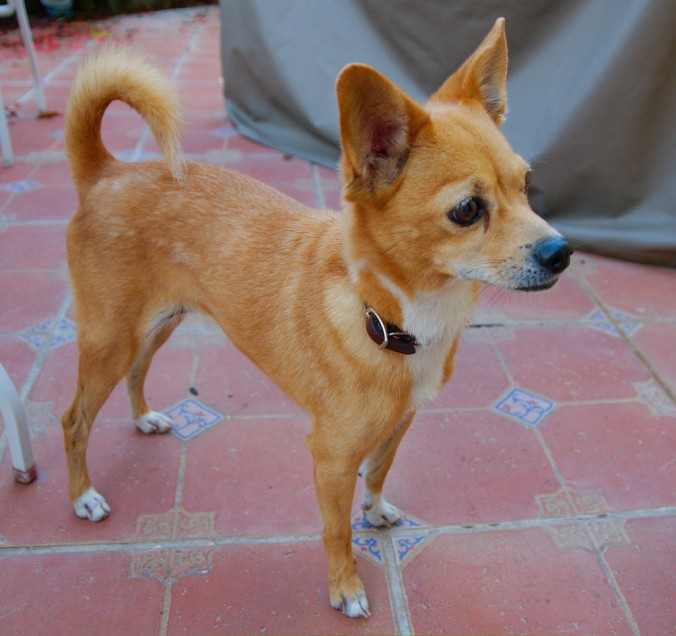
R.I.P. Billy
He was a little chihuahua mutt that I rescued from a military installation. Some young soldiers were kicking and throwing things at him. I hollered at them and scooped up the little guy. My heart went out to him. On the car ride home, he stood up on his hind legs looking straight ahead through the windshield while he tried to bite me. I was already beginning to regret this.
He was a nervous, bad-tempered little dog. At first, I met his aggressiveness with force, but he just got more desperate and anxious. Soon, I realized I couldn’t force good behavior on him. It sounds stupid for that to even be a revelation, but alpha dogs don’t coddle. In the pack, you either get your act together, or you get a beat down. But I realized I couldn’t strong arm him into obedience. I would have to meet him with gentleness no matter his mental state. When he got worked up in a frenzy it wasn’t good for anyone. So I tried to adopt a kinder softer stance with him. Loud voices, sudden movements, forcing him to do anything, would get him worked up and he would spin around and try to harm himself.
Also, we never did break him of the peeing on everything in his sight – inside or outside.
When we went to the park he would bark at us until we came back to get him and take him too. He hated the leash though. Another thing to torment me, he seemed to say, but I guess he preferred to be with us than to be left at home.
Once we came home to him huddled in a corner on our terrace all bloody and disheveled. “Oh my God,” I yelled, “Billy’s chewed his tail off.” He’d always hated it, it tormented him. He would catch it out of the corner of his eye and spin for the attack. Around and around and around he would go until we thought he’d have a heart attack. It wasn’t really funny, but we did not know how much it tormented him until he almost killed himself to be rid of it.
After one surgery and the cone of shame, we were nearly ready to pack it in. He was still bent on harming himself like an insane asylum patient. We had to be with him all the time, and his growling and frenzied attacks on his butt were putting us all on edge. I remarked at the time that this must be a small window into what the parents of addicts go through. No matter what we did, he wanted to hurt himself and there was nothing we could do but supervise him 24/7.
We closed our eyes for one second, and he had what was left of his tail again.
After another surgery and an infection, we were able save his life. He now had a nub. We bought him a spiky collar to go with the new tough-guy image. He seemed to enjoy not having his tail. He became a decidedly calmer dog. His hated nemesis was gone.
Soon after we moved to our new house, he developed a cough. It persisted for more than a week, so Laura took him to the vet. An x-ray revealed a large tumor nestled next to his heart, pushing on his trachea. It was so large already and in a difficult place. “He’s already 10, let’s just keep him comfortable. If we see he is suffering too much, we’ll put him to sleep.”
He carried on like that for a little over three years. There was a moment last year when he stopped eating. I thought it was time and we discussed it as a family. Everybody was distraught, especially the little ones. They didn’t want Billy to die. Billy, so as to not let us down, suddenly started eating again. He was back to his peppy self, and we soon forgot about his little episode of sorrow.
Recently, he had been eating less and less. He’d take a few bites of food, wander over to be petted. If we petted him sufficiently he would take a few more bites. The bites became fewer and fewer, the pets more frequent. We’d have to stroke him many minutes before he would go into his kennel at night.
Today though, he didn’t want to eat. He just stayed in his kennel all day. I roused him to go out and pee this evening. He needed to go out for a little bit. He was so pitiful, but he trotted out after some cajoling.
After twenty minutes or so, I called them in. Jessie wouldn’t come, and I didn’t see Billy at all. I went out to look for him in his usual places, and I found him collapsed near his favorite flowerpots.
I wouldn’t say he was the best dog. He was soft and cute, but he was nippy, generally nervous and bad tempered. We had made a choice, though, to take care of him, to accept into our family. He taught us that love isn’t an affection, that we don’t love because of what you do or because you are smart or cute or fun. We loved you Billy, because we could, because you needed us to.
I’m gonna miss you, little guy.
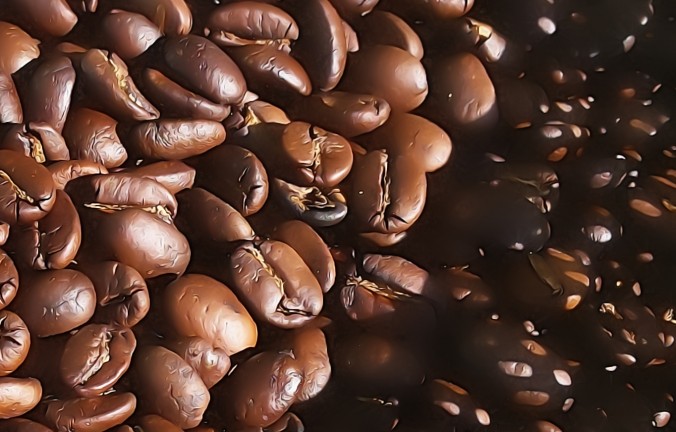
Roasted Coffee
These images digitized to look like paintings make a nice series, I think. From harvest, to fruit, to roast, I can get a bit of distance from the difficulties of everyday life and appreciate these abstract and idealized qualities of culture, tradition, hard work, and the gusto that go into a delicious cup of coffee. It’s a bit of homage for the hard working farmers and roasters.
Commercial coffee production is hard and doesn’t pay well. Anyone who does it here in Puerto Rico will tell you they don’t do if for the money. Life is hard, money is tight, but they continue to toil in the hot sun because it is a cultural treasure y vale la pena.

Light Play in the Harvest
Pickers chatted among themselves, flirting and wandering and teasing their way through the rows, placing ripe cherries in their baskets. Soon there was enough coffee and the day was growing hot.
We tell ourselves that those that don’t vote don’t have the right to complain about the outcomes of elections, that they don’t deserve to have democracy work for them because they didn’t vote. Not only is this fallacious reasoning and a misdirection – it does not account for the totality of what it is to be a disenfranchised voter.
Perhaps we can begin to understand how it feels and a reason why someone might not be able to muster the will to register their vote.
We humans are a social people are we not? Wasn’t expulsion from the tribe probably the single worst thing one could do as punishment? Our world simply does not function without the cooperation and interconnectedness of our global and local society. The invention of the telegraph, telephone, internet – these are social inventions designed to bring us close together. Belonging, being valued, and having a meaningful place in our community are more important to us than practically any other commodity.
What happens when, in any number of ways, we take steps to thwart the participation of certain members of our society? We’ve done these things for centuries, perhaps not deliberately but no less effective to cutting off participation of those we deem less useful, desirable, or simply at odds with our sensibilities. Before the ACLU what did the handicapped do to participate? Were there ramps? Were government offices handicapped accessible? Were town hall discussions facilitated by a sign-language translator? Wasn’t simply going to the store, watching TV, interacting with the world just too much work?
If you really wanted to vote, you should have crawled up those stars to the polling place!
American culture’s deification of the car makes it an almost obligatory requirement to fully participate. Cars are very expensive, are they not? They require loans to purchase, and they will never be an investment, as they depreciate the moment they leave the lot. What do you do if you don’t have a car in America? Sucks to be you, doesn’t it? So if you are old, handicapped, young, poor, you find that there are barriers to your participation. It’s not that you can’t, but you have to try harder because society says so.
If you were black under Jim Crow, in many cases it wasn’t absolutely against the law to vote, but there were added provisions, obstacles placed before you. Poll tax? Special reading/writing test? If you were illiterate, if you were poor, if you were deemed just not quite qualified to vote, then you were shut out of participation. In many cases it was a secondary blow to self-esteem. I’m neither educated/smart enough nor wealthy enough to participate. They might take solace in the fact that the system was unfair, but I’ll bet it worked on their psyche too, making them feel that they somehow let down their families. The tribe told them their voices weren’t good enough – that they were not needed.
So they stopped trying, becoming disenfranchised.
If you are old, perhaps you no longer drive for poor eyesight. You’ve let your driver’s license lapse, or even if you haven’t, the state now requires that licenses comply with “Real-ID” Federal Standards. You haven’t updated yours. It requires someone to drive you across town to the government office. The law was passed but no one saw fit to put a small government office in your part of the city. If you want to vote, they say, do your duty and get or update your ID. It’s simple, they say, but it’s anything but simple for you as your son and your daughter are both working. The government office is only open to 3pm on weekdays. They would have to take off work to drive you across town and wait a few hours while your paperwork was processed. Didn’t cross your “T’s” and dot your “I’s.” You’ll have to come back another day. Your children are both okay, but struggling and can’t take the time. You might take a bus, except that you would have to walk 5 blocks and cross a busy street to get to the nearest bus stop. Call a taxicab? That’s $67.50 you don’t have.
So you don’t vote, and you almost don’t feel like you deserve to vote. Can’t pay for a cab ride, why would they want my vote, you think to yourself. I don’t count, nobody wants to hear from me. I’m old and the future belongs to the vigorous.
You are a student attending University in a new city. You are young idealistic and you want to participate in this new community. For many it is the first time they will be be involving themselves in a community outside of where they grew up. This will be the first time their direct agency will be exercised. But for locals, students represent a mass of voters many times at odds with the sensibilities of that same community. I’m sorry, you need a new state issued id to vote. You need to register your car in this state to vote. Your student ID is not sufficient, they are told. Most students don’t even have cars, and unless they really really care, probably also can’t come up with that same $67.50 the old woman didn’t have.
Voting day isn’t a national holiday in the US like it is other places (like Puerto Rico where participation is +90%). In Puerto Rico, we collectively say to the entire pueblo, “We think your voice is important. Please come register your voice. We want to hear from you whether you are young or old, dark or light, literate or illiterate.” In fact, as an electioneer, I have been witness to people signing the registration list with an “X.”
But in America, there is no national holiday. We really want to see how much you love this country before we register your vote. There are tests that try your economic status and your patience. If you are just making ends meet working an hourly shift, you might not be able to spare the resources. Sure, one might counter, the salaried employee would need to take off work too, but again, it’s a question of degrees. Equal isn’t always equal. In any case, if you’re too limited to take off a couple of hours to vote, then we don’t want to hear from you anyway. You’re probably not the kind of voice that matters to me.
So we have the poor, the minority, the old, and the infirm – the voices of society have told them in the most tacit of ways, don’t bother letting us know how you feel. We don’t really want your input. We will run this country how we wish to run it, and don’t worry your little head about it.
And so they don’t even try anymore. Their agency has been eroded. Society has told them they are unimportant, unnecessary at best, and unwanted and undesirable at worst.
Can you image yourself in that situation? Can you imagine what it feels like to have an entire infrastructure of culture in a myriad of ways, tell you that you aren’t important, that they don’t want you?
Sure, nobody is physically stopping you from voting, but why would you want to vote in a culture to which you don’t belong?
